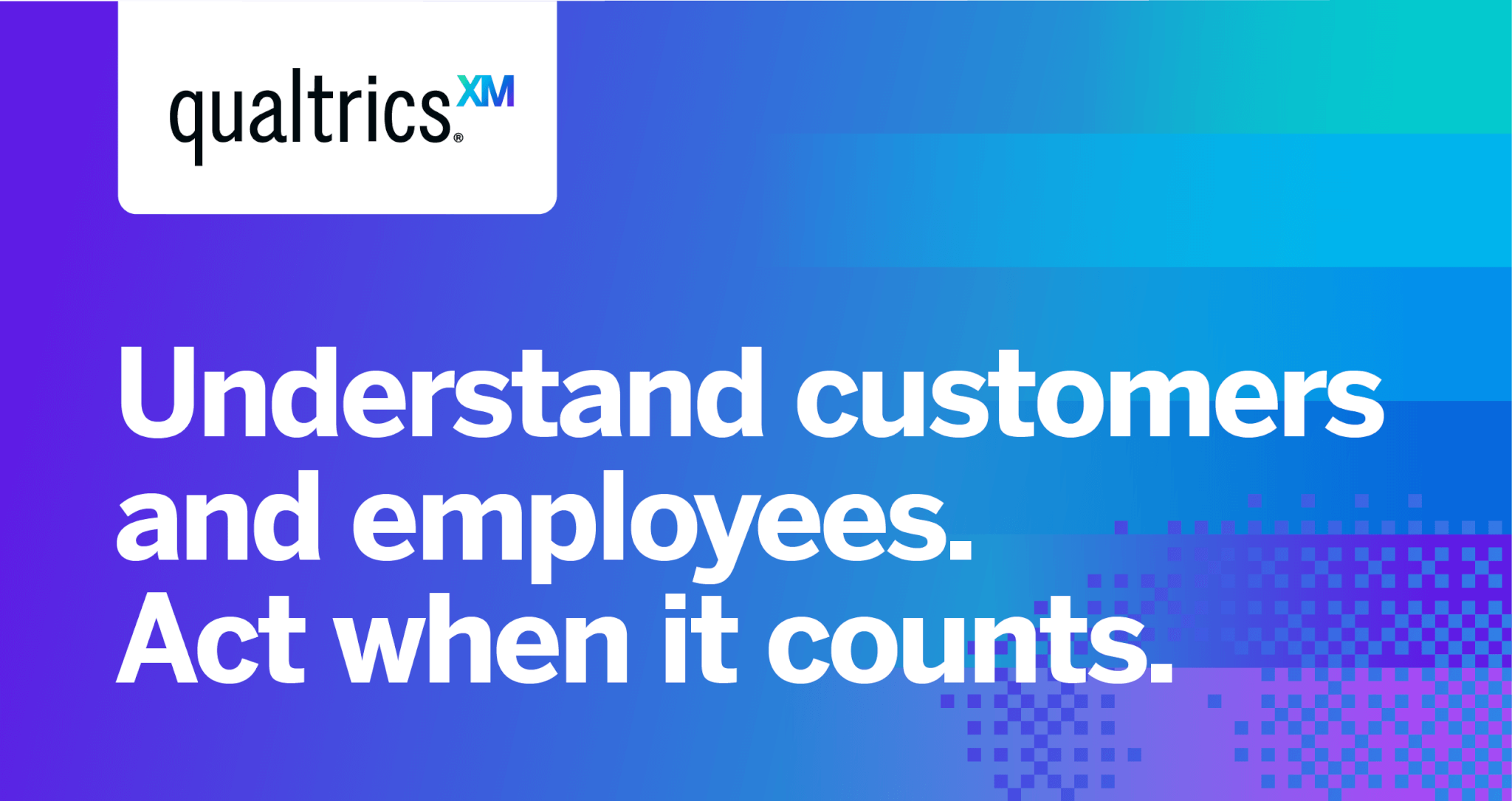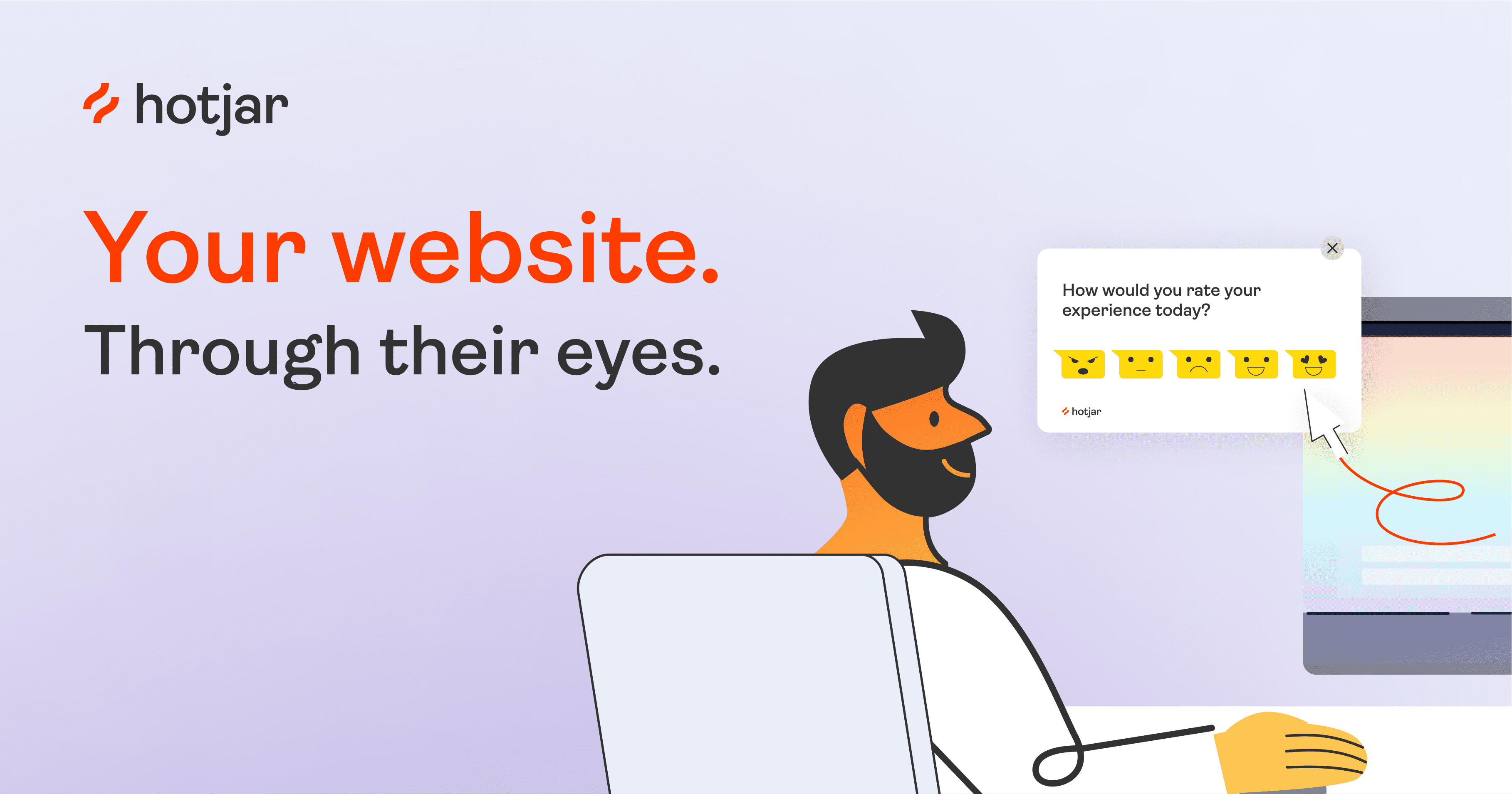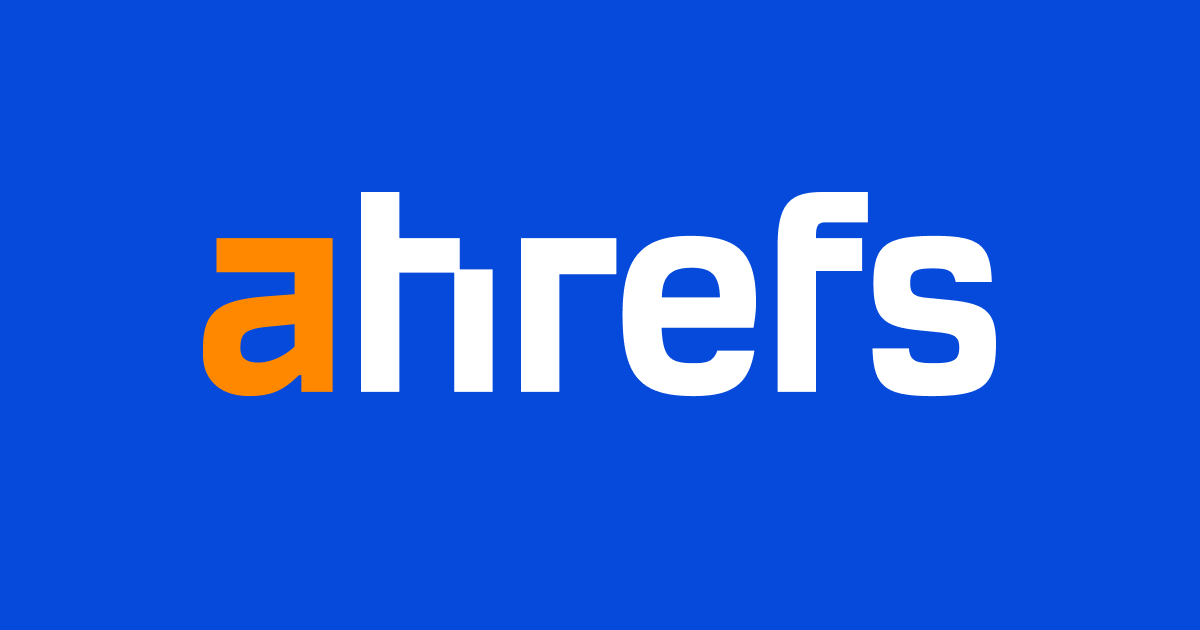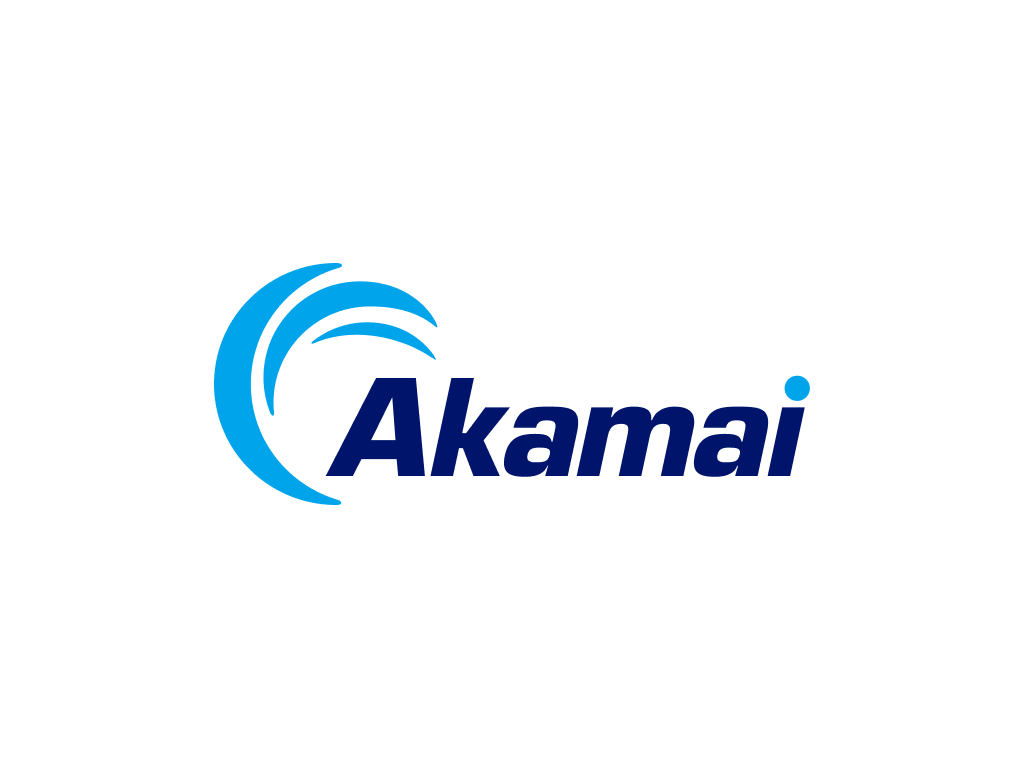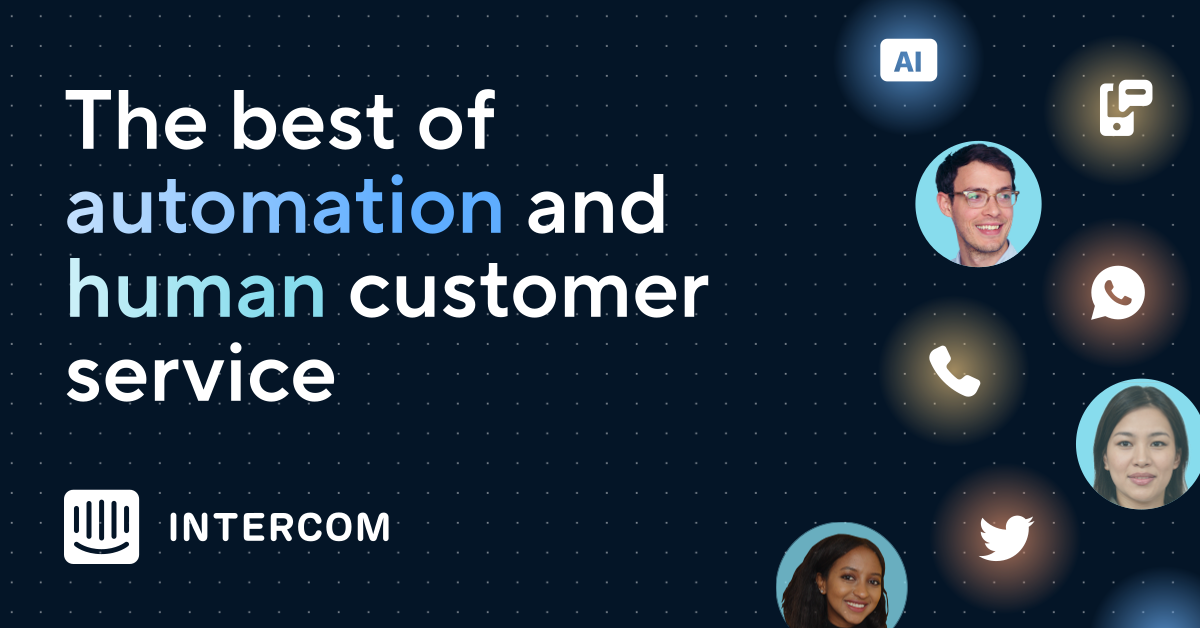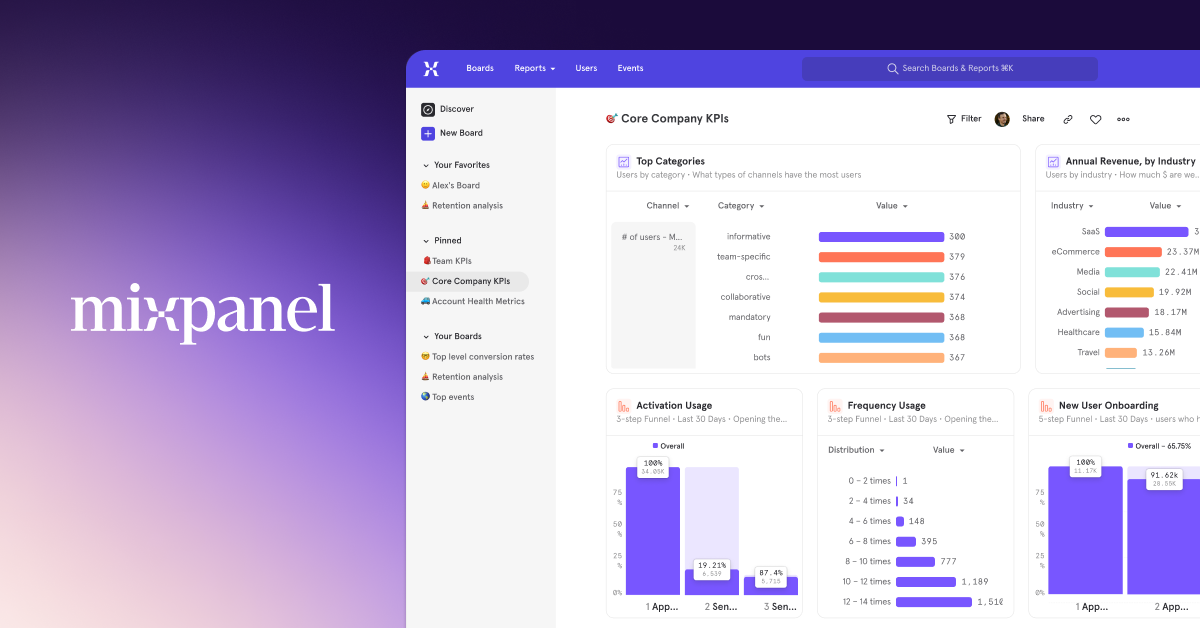Introduction
Having a robust product analytics solution in place is crucial for digital businesses to gain insights into user behavior, measure engagement, test new features, and optimize the user experience. In this article, we evaluate and compare 15 leading options for product analytics software based on established evaluation criteria.
Methods of Evaluation
To evaluate and rank the top product analytics software, we considered several key factors: functionality and features, number of features, ease of use, customer support, pricing, and market presence. In addition to these conventional criteria, we also took into account the number of backlinks, traffic, and keyword search trends for each vendor over the past year to gauge popularity and mindshare in the industry.
1. Adobe Analytics
Adobe Analytics is a leading product analytics solution developed by Adobe. With over 20 years of experience in digital analytics, Adobe Analytics provides insights to optimize customer experiences across websites, mobile apps, video and more.
Pros: Advanced segmentation and attribution, Mobile and video analytics, AI and machine learning capabilities, Real-time dashboards and reports
Cons: Steeper learning curve due to multitude of features, Requires heavy technical expertise for advanced implementations
Pricing: Pricing starts at $150/month for the foundation tier and scales based on data volume and customization needs. Enterprise plans are customized based on requirements.
Adobe Analytics has over 150,000 customers worldwide including large enterprises like Coca-Cola, Disney, Home Depot. It processes over 35 trillion data points each month.
2. IBM Digital Analytics
IBM Digital Analytics is a leading product analytics software platform offered by IBM. As one of the largest tech companies in the world, IBM brings extensive experience in data analytics, AI and other technologies to its product analytics solution.
Pros: Some key advantages of IBM Digital Analytics include: Established brand in marketing/business analytics tools; Real-time streaming data and attribution; Personalization and testing throughout the stack; Advanced AI and machine learning capabilities.
Cons: A potential disadvantage is the higher cost compared to some other product analytics solutions due to IBM’s large company overheads.
Pricing: IBM Digital Analytics pricing is customizable based on business needs. There is no publicly listed pricing, but it typically starts at tens of thousands of dollars per year.
Some key stats about IBM Digital Analytics include: Integrates data from over 30 sources; Analyzes trillions of events per day; Over 10,000 customers globally across various industries.
3. SurveyMonkey Audience
SurveyMonkey Audience is the audience insights and survey platform from SurveyMonkey. As one of the largest survey panel and communities for insights worldwide, SurveyMonkey Audience allows researchers to gain insights from a diverse set of respondents.
Pros: Key advantages of SurveyMonkey Audience include:
– Large, diverse global panel for surveys and insights
– Flexible targeting options based on demographics and interests
– Fast turnaround times for surveys and research
– Integrations with tools like Google Analytics and Segment for measurement
Cons: One potential disadvantage is that as a paid service, it may not be affordable for all budgets or sample sizes needed.
Pricing: SurveyMonkey Audience offers flexible pricing plans starting at $500 per month for standard volume packages. Higher volume plans with more responses are available as enterprise level packages priced per project.
Some key stats about SurveyMonkey Audience include:
– Over 100 million annual survey responses
– Panel size of over 30 million respondents globally
– Surveys deployed in over 36 languages
– Demographic and interest profiles on over 1 billion people worldwide
4. Zendesk Sell
Zendesk Sell is a CRM tool focused on sales teams. It provides capabilities for tracking deals and customer pipelines, configuring workflows, and integrating with Zendesk’s support and ticketing tools. Over 200,000 customers trust Zendesk as their customer service software.
Pros: Main advantages of Zendesk Sell include its focus on sales teams, configurable deal/pipeline management workflows, and tight integration capabilities with Zendesk Support for a unified customer view.
Cons: Potential disadvantages could include a lack of custom object modelling compared to some competitors and fewer native sales-focused tools out of the box versus dedicated sales CRM platforms.
Pricing: Zendesk Sell pricing starts at $35 per agent/month for the Standard plan which includes core capabilities. Additional premium plans with more features are available starting at $65 per agent/month.
Key stats for Zendesk Sell include supporting over 45 different integrations, 10+ languages, and serving customers across 160+ countries worldwide. It’s an award-winning CRM recognized as Leader in the 2021 Gartner Magic Quadrant for CRM Customer Engagement Center.
5. Qualtrics
Qualtrics is an experience management software that helps companies design and run surveys, analyze feedback, and take action based on insights. Founded in 2002, Qualtrics has grown to support more than 10,000 customers worldwide including 95% of the Fortune 100. With over 1,300 employees, Qualtrics is headquartered in Provo, UT and is owned by SAP.
Pros: Qualtrics provides powerful yet flexible tools for employee, customer, and market research. Its experience management capabilities help businesses understand and improve key touchpoints through the entire customer journey. The platform features advanced analytics, benchmarking, and easy survey and dashboard customization.
Cons: Qualtrics has a sophisticated and powerful platform which requires learning a fairly complex set of tools and workflows. The complexity may introduce a learning curve for some smaller organizations or teams.
Pricing: Qualtrics pricing starts at $2,500 per month for Adapt, focused on surveys and basic analysis. Plans range up to $150,000 per month for the top Enterprise tier with unlimited users and support for complex research programs.
Qualtrics annually delivers over 500 million surveys representing one of the largest sources of customer and employee insights. With trillions of data points analyzed each year, Qualtrics powers insights and experience improvement programs across industries.
6. Nielsen Digital Content Ratings
Nielsen Digital Content Ratings is a global leader in audience measurement and analytics. For over 100 years, Nielsen has been at the forefront of understanding what people watch and how media consumption is evolving. Today, Nielsen Digital Content Ratings provides measurement and insights into online video and web content across all platforms.
Pros: Some key advantages of Nielsen Digital Content Ratings include:
– Video and web content measurement capabilities across devices and platforms
– Cross-platform audience insights and metrics for online content
– Dedicated measurement panels provide representative audience views
– Robust demographic and time spent data for audience analysis
Cons: One potential disadvantage is the reliance on panelist data which may not fully represent broader online audiences.
Pricing: Nielsen Digital Content Ratings pricing is customized based on business needs. Typical packages range from $50,000-$250,000 per year.
Some key stats about Nielsen Digital Content Ratings include:
– Measures over 1 billion videos streamed per month globally
– Analyzes audiences for over 10,000 publishers and brands
– Panel represents over 45,000 households worldwide
– Provides demographic and time spent metrics for measurement
7. Matomo
Matomo is an open-source analytics platform that provides an alternative to Google Analytics. As a self-hosted solution, Matomo gives users complete control and ownership over their analytics data without relying on third-party services.
Pros: Key advantages of Matomo include: Open-source and self-hosted so no data is uploaded to external servers; Respects user privacy and gives control over data; Similar feature set to Google Analytics; Free to use for unlimited websites and visitors.
Cons: As an open-source project, Matomo has fewer resources for support compared to paid solutions. Features can sometimes lag behind proprietary analytics services.
Pricing: The basic edition of Matomo is free to use without any limits or for any number of websites. Paid cloud/hosted plans are also available starting at €12/month for enhanced support.
Some key stats about Matomo include: More than 2 million active installations; Support for over 60 languages; Used by organizations like Oxfam, Greenpeace, CERN and others; Feature parity with Google Analytics including segments, funnels, goals etc.
8. Hotjar
Hotjar is a robust website analytics tool that provides user behavior insights through heatmaps, recordings, funnel, and form analytics. Founded in 2011 and headquartered in San Francisco, Hotjar helps companies understand user experiences and improve conversion rates.
Pros: Some key advantages of Hotjar include:
– Heatmaps and scrollmaps provide visual insights into user behavior
– Form tracking helps optimize conversions
– Recordings capture qualitative user feedback
– A/B and multivariate testing capabilities
Cons: One potential disadvantage is that advanced features like advanced segmentations require a paid plan.
Pricing: Hotjar offers 3 pricing tiers – Basic, Pro, and Team starting from $99/month. Paid plans provide more advanced features like unlimited recordings, advanced reporting, and team collaborations.
Hotjar is used by over 50,000 customers ranging from startups to Fortune 500 companies. Some key facts about Hotjar include:
– Tracks over 3 billion visitor sessions per month
– Over 500 integrations with major platforms
– 40+ engagement tools including surveys, feedback widgets, and A/B tests
9. Ahrefs Site Audit
Ahrefs Site Audit is a powerful SEO tool that provides in-depth analysis of websites. It scans sites to detect potential on-page SEO, content and technical issues that could impact rankings. Insights include recommendations for improvement as well as traffic estimates for fixing problems.
Pros: Insights into on-page SEO, content and technical issues, Heatmaps for optimizing content layout, Competitor analysis and backlink metrics
Cons: Pricing can be expensive for large websites or agencies with multiple clients
Pricing: Pricing starts at $99/month for the Basic plan for up to 100,000 monthly scans. Premium plans range from $199-499/month for more functionality and increased scan volume.
Ahrefs scans over 200 million websites monthly. It provides granular analytics like backlink profiles for competitors and heatmaps to visualize where users are engaging with content.
10. Yandex.Metrica
Yandex is a Russian technology company known for its search engine and other internet services. Yandex.Metrica is the company’s product analytics software that provides insights into product and website usage. It allows tracking user behavior and key metrics across web and mobile applications.
Pros: Key advantages of Yandex.Metrica include:
– Real-time dashboards for quick insights into metrics
– Custom events and campaign tracking capabilities
– Powerful segmentation tools to analyze user behaviors
– Both web and mobile analytics in a single platform
Cons: One potential disadvantage is that Yandex.Metrica is primarily focused on the Russian and CIS markets, so support for other regions may be limited.
Pricing: Yandex.Metrica offers a free plan for basic analytics. Paid plans start at $49/month for 10 million events and include more advanced features. Enterprise pricing is available upon request.
Some key stats about Yandex.Metrica include:
– Over 50,000 customers worldwide
– Provides analytics for over 1 million websites globally
– Processes over 400 billion events per month
11. Akamai Sourced
Akamai Sourced is a product analytics platform that leverages Akamai’s global edge computing network. Akamai Sourced provides web and app performance monitoring, real user monitoring for digital experiences, and synthetic transactions and tests through its cloud-based global infrastructure.
Pros: Key advantages of Akamai Sourced include its ability to monitor customer experiences from a global edge network, providing insights closer to end users. It also offers out-of-the-box integrations with tools like Google Analytics and Adobe Analytics.
Cons: A potential disadvantage is that Akamai Sourced is targeted more towards very large enterprises versus small- and mid-sized companies due to its more premium pricing tier.
Pricing: Pricing for Akamai Sourced starts at $5,000/month and scales based on usage, number of monitored properties, and desired support levels. Contact Akamai sales for an exact customized quote.
Some key stats about Akamai Sourced include monitoring over 1 trillion web transactions daily across 4,000+ networks. It has a global footprint with over 245,000 servers in over 135 countries.
12. Adjust
Adjust is a leading mobile measurement partner (MMP) and app marketing analytics platform. Founded in Berlin in 2012, Adjust enables app marketers to view detailed insights into user acquisition, retention, lifetime value, and more through a single platform.
Pros: Key advantages of Adjust include: Lightweight SDK that is easy to integrate, Full-funnel attribution across all channels, Cross-platform analytics for iOS, Android, and web, Push notification testing and optimization tools, Flexible segmentation and filtering for customized reporting.
Cons: One potential disadvantage is that the platform may have a relatively steep learning curve for more complex analytics needs. Adjust’s free tier also limits the amount of data that can be analyzed.
Pricing: Adjust offers four pricing tiers – Free, Startup ($99/month), Growth ($299/month), and Scale (Custom Pricing). Plans include features like unlimited data ingestion, custom scripts/events, dashboards, and dedicated support.
Some key stats about Adjust include: Tracking over 200 billion installs, Serving over 50 billion ads per month, Analyzing data from over 50,000 apps, Offices worldwide with headquarters in Berlin, San Francisco, London, and Tokyo.
13. Intercom
Intercom is a software platform that helps companies manage messaging, support, and customer conversations across marketing, sales and support channels. Some key features include in-app messaging, predictive nudges, personalzied content, and powerful analytics insights.
Pros: Some key advantages of Intercom include in-app messaging and support, predictive nudges and notifications, personalized content and segments, and Analytics and retention insights.
Cons: Potential disadvantages could include a relatively complex setup process and higher pricing for enterprises compared to some other solutions.
Pricing: Intercom offers three pricing tiers – Essentials starts at $99 per month, Growth at $249 per month, and Scale which is custom priced. Pricing is based on number of agents, messages and contacts.
Intercom currently has over 25,000 customers including DigitalOcean, Dropbox and Eventbrite. They processed over 100 billion messages in 2021 across 30+ supported channels.
14. Mixpanel
Mixpanel is a leading product analytics solution that helps companies analyze user behavior and make data-driven decisions. Founded in 2009, Mixpanel collects mobile, web, and in-app usage data to provide actionable insights.
Pros: Mixpanel offers powerful segmentation and filtering, lifetime value and attribution modeling, embedded analytics and dashboards, and real-time event streaming.
Cons: Mixpanel lacks some predictive analytics capabilities compared to more full-featured AI platforms. Free plan limits tracking to 10 million events per month.
Pricing: Mixpanel offers three paid plans starting from $999/month for Standard to $4,999/month for Enterprise with unlimited data ingestion and advanced features. It also has a free forever plan with limitations.
Mixpanel tracks over 6 trillion events per month for thousands of customers, including Microsoft, Twitter, and Expedia. It has over 450 employees globally.
15. Marketo
Marketo is a leader in B2B marketing automation software. Founded in 2006, Marketo offers end-to-end marketing automation solutions to help B2B companies track leads, automate workflows, and gain valuable customer insights.
Pros: Some key advantages of Marketo include its abilities for lead and account scoring, campaign and funnel analysis, predictive analytics and segmentation, and powerful workflow automations and optimization features.
Cons: One potential disadvantage is that Marketo is more suited for large enterprises with its high price points and implementation complexity compared to some smaller alternatives.
Pricing: Marketo pricing starts at $125,000 per year for its Professional plan, scaling up to $250,000 per year for its Elite plan best suited for very large enterprises with advanced use cases and requirements.
Some key stats about Marketo include: processes over 1 trillion marketing events per year, serves over 2,500 customers worldwide, and helps enterprises grow revenue an average of over 20% annually with its solutions.
Conclusion
While there are many excellent options for product analytics, our research indicates Adobe Analytics, IBM Digital Analytics, Google Analytics, Amplitude, and Mixpanel stand out as leaders based on their advanced feature sets, large customer bases, and establishment in the market. For most organizations, these top five would be a great starting point to explore. However, the right choice will depend on your specific business needs, goals, and budget. We hope this analysis provides a useful starting point for evaluating which product analytics solution is best suited for your company.








